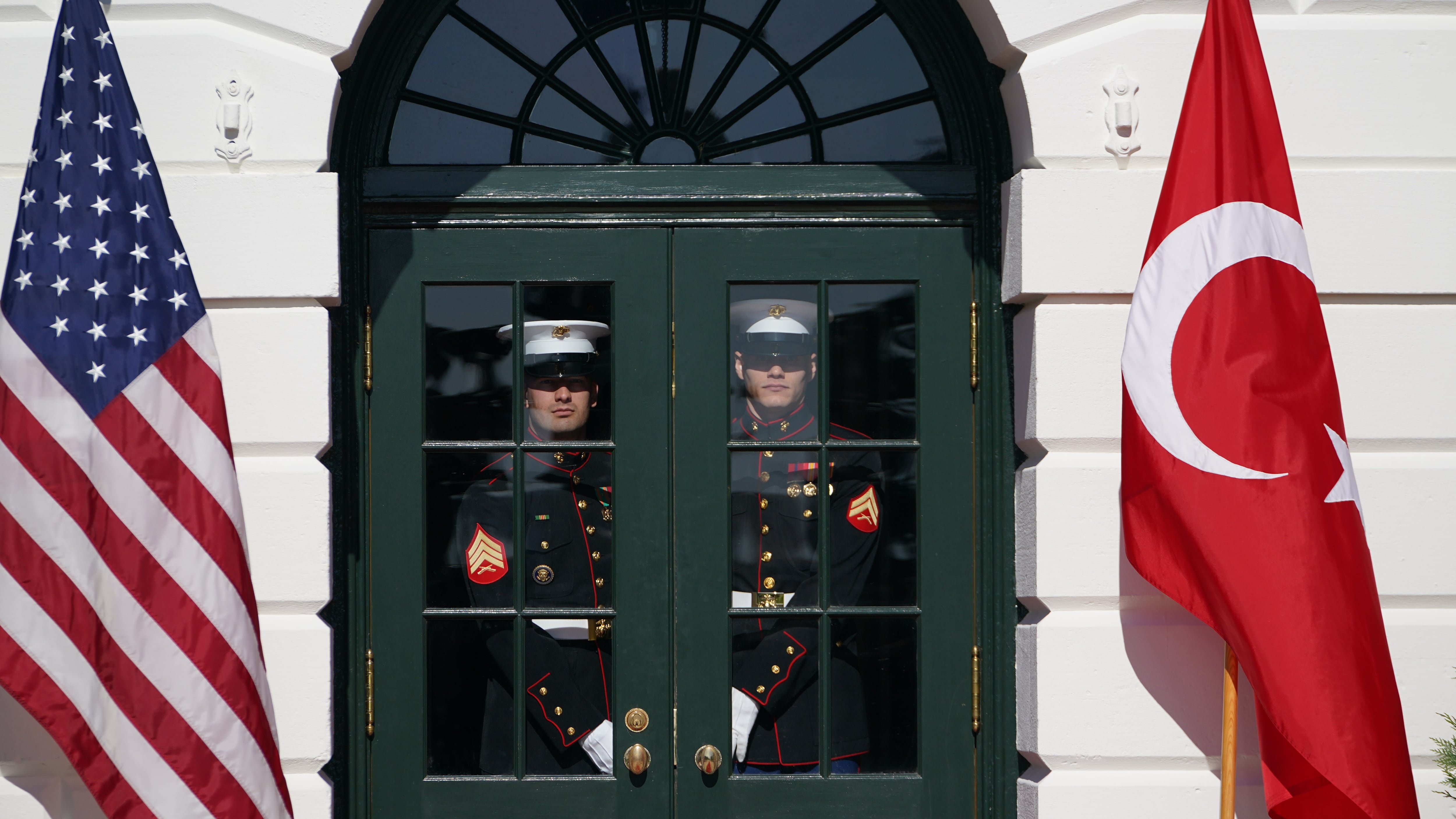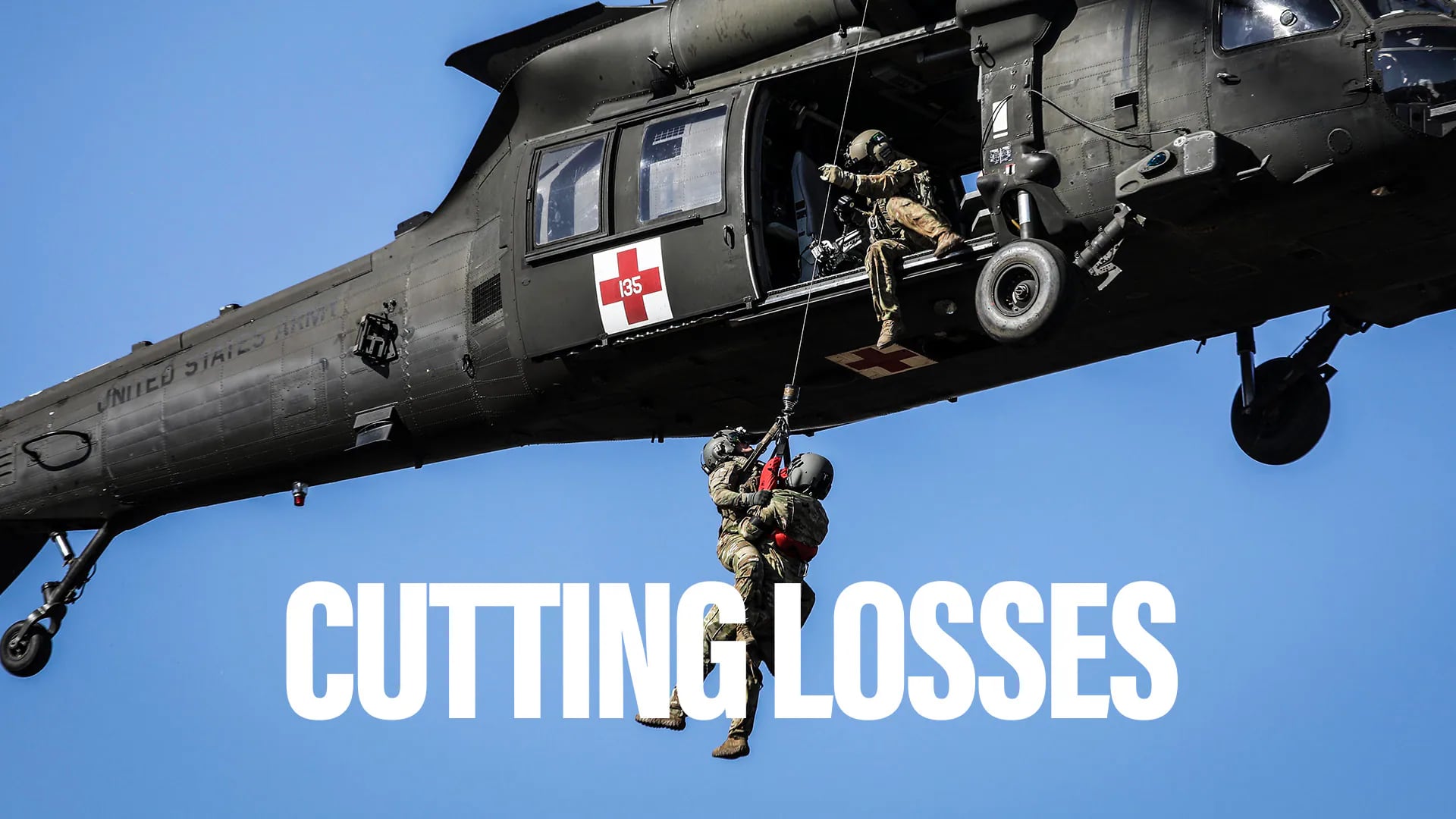WASHINGTON ― A growing number of Democrats in Congress are calling for the Trump administration to immediately suspend U.S. security aid to Azerbaijan, as fighting between Armenian and Azerbaijani forces reaches its second week.
The hostilities have killed dozens, marking the biggest escalation in the decades-old conflict over Nagorno-Karabakh ― which is part of Azerbaijan, but run by its mostly ethnic Armenian inhabitants. The U.S. has provided military training and some equipment to both former Soviet republics, but Russia and Israel dwarf the U.S. as suppliers of military hardware to Azerbaijan.
In a letter to Secretary of State Mike Pompeo last week, Senate Foreign Relations Committee ranking member Sen. Bob Menendez, D-N.J., Senate Minority Leader Chuck Schumer, D-N.Y., and 10 other Senate Democrats called for security assistance to Azerbaijan to be suspended as they echoed international calls for an immediate ceasefire and return to diplomacy.
“We have been very critical of U.S. security assistance to Azerbaijan given the country’s human rights record and aggression in the region,” the authors wrote. “Earlier this year, at Senator Menendez’s request, the Government Accountability Office agreed to conduct a review of security assistance to the country to ensure that it aligns with U.S. interests; this violence indicates that it does not.”
The lawmakers blame Azerbaijan for instigating the fighting and NATO ally Turkey for inflaming it. The letter called on U.S. President Donald Trump to convince Ankara to immediately disengage from the conflict amid charges Turkey is sending fighters from Syria to aid Baku. Turkey denies those charges, but it is publicly supporting Azerbaijan.
Though Congress has already maintained a quiet freeze on arms sales to Turkey for nearly two years, the lawmakers said that “If Turkey is unwilling to step back from active engagement in the conflict, then the State Department should immediately suspend all sales and transfers of military equipment to Ankara.”
RELATED

The Pentagon and State Department, meanwhile, have granted a range of aid to Armenia and Azerbaijan, which shares borders with Russia and Iran. Recent aid for Azerbaijan included boats, X-ray scanners and underwater surveillance gear meant to help the country secure its border with Iran, patrol the Caspian Sea, and counter terrorists, weapons proliferation and drug trafficking.
There have been three recent contracts for Azerbaijani military aid:
- Last year, DoD awarded VSE Corp., of Alexandria, Va., a $10 million contract for unspecified counterterrorism and intelligence equipment, and in-country training in support of the Azerbaijan Maritime Security Program for the Caspian Sea.
- Also, Smiths Detection Inc., of Edgewood, Md., was awarded a $16 million contract for X-rays and screening equipment, “to counter transnational threats,” according to the DoD announcement.
- In August, DoD awarded United States Marine Inc., of Gulfport, Miss., a $7.6 million contract for 15 9-meter, multi-use explosive ordnance disposal response craft.
The aid is intended to achieve, “security objectives that are in the national security interests of both the U.S. and Azerbaijan,” Department of Defense Spokesperson Mike Howard said in an email.
“All DoD assistance to Azerbaijan is carefully structured so that it will not undermine or hamper ongoing efforts to negotiate a peaceful settlement between Armenia and Azerbaijan or be used for offensive purposes against Armenia,” Howard said, adding that some of the training aids its NATO interoperability, participation in the Afghan war and disease detection capabilities.
Lobbying in Congress
Roughly a half-dozen lawmakers in the U.S. House of Representatives have individually made public pleas to suspend security assistance to Azerbaijan in recent days. That includes Rep. Frank Pallone Jr., co-chair of the Congressional Caucus on Armenian Issues, who argued the administration should have cut off aid amid signs the conflict in the Caucuses was ramping up.
“We have been warning Pompeo and the State Department for months, if not the last few years, that between the rhetoric and [Azerbaijani] military exercises jointly with Turkey, and the incursions and attacks by Azerbaijan into Nagorno-Karabakh ... that this was getting more and more likely to be a war,” Pallone, D-N.J., told Defense News.
Pallone has also questioned why the Trump administration spearheaded an increase of roughly $100 million in security aid to Azerbaijan over 2018 and 2019 ― all under the Pentagon’s “building partner assistance program.” Pallone speculated the aid could be used in a conflict with Armenia, directly or indirectly.
“If you give them $100 million to pay for things, that’s $100 million extra for things that could be used against Armenia,” Pallone said, adding: “The concern we had, that was justified, was that you had this money going toward military purposes at the very time we knew there was this [military buildup].”
Pallone’s legislation to require a report on human rights violations by countries that received funding under the DoD program made it into the House’s version of the annual defense policy bill. It does not mention Azerbaijan by name, but Pallone has said it’s about Azerbaijan.
RELATED

The Defense Department has long recognized Azerbaijan as a strategic fulcrum and sought to both work with it more closely and bring it closer to NATO, said former U.S. Ambassador to Azerbaijan Matthew Bryza. Local roads, rail lines and airspace that comprise a crucial U.S. logistics channel into Afghanistan, and they enabled one-third of all non-lethal supplies to NATO troops at the war’s height.
Historically, all U.S. assistance to Azerbaijan has been limited under Section 907 of the Freedom Support Act, although since after 9/11, there has been a regular waiver for the purposes of fighting terror groups.
Bryza, whose 2010 confirmation as ambassador faced opposition from Armenian diaspora organizations, said the recent opposition to U.S. aid to Azerbaijan has been fueled by Armenian lobbying. (Both Armenia and Azerbaijan have stepped up lobbying efforts amid the conflict, according to ForeignLobby.com.)
“The DoD is looking strategically, and the Congress is looking purely politically,” Bryza said.
The U.S. is not the only country wrestling with politics of security aid to Azerbaijan.
Canada on Monday announced it is halting arms exports to Turkey while it investigates claims ― by disarmament group Project Ploughshares ― that drone technology produced by L3Harris WESCAM in Burlington, Ontario, and sold to Turkey is being used in the fighting, on behalf of Azerbaijan.
Israel may halt commercial weapon sales to Azerbaijan, Armenian Ambassador to Israel Armen Smbatyan told The Jerusalem Post on Tuesday. The move came as Armenia recalled Smbatyan for consultations to protest the sale of Israeli made weapons.
Israel, which reportedly receives 40 percent of its oil supply from Azerbaijan, has sold it more than $800 million in military equipment over the last decade, including drones, loitering munitions, anti-tank missiles, and a surface-to-air missile system, according to the Stockholm International Peace Research Institute.
“I believe that due to the appeal by the international organizations and many individual states for an immediate de-escalation, Israel may halt its arms sales to Azerbaijan,” Smbatyan reportedly said.
Joe Gould was the senior Pentagon reporter for Defense News, covering the intersection of national security policy, politics and the defense industry. He had previously served as Congress reporter.








